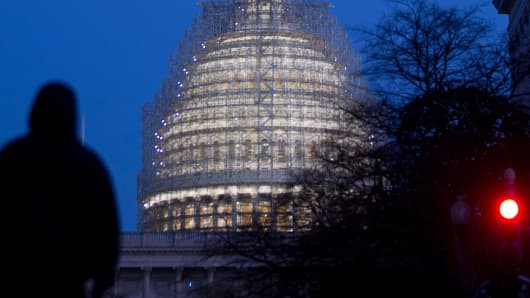The new law prevents most people who reach age 66 from providing spousal benefits to their spouse or children while letting their own retirement benefit grow through age 70. The exceptions are those who filed for their retirement benefit, but suspended it sometime before April 29.
The new law also forces spouses who were not 62 before Jan. 2, 2016 to file for their retirement benefit when they file for their spousal benefit. Since Social Security won't pay two benefits at once, this means such spouses simply get the larger of the two benefits (i.e., they lose one of the two). Spouses as well as divorced spouses (who were married for 10 or more years) who reached 62 by Jan. 2 can still collect just their spousal or divorced spousal benefit between 66 and 70 and then take their own retirement benefit at 70.
The new law was passed in the dead of night and rushed to a vote with no public hearings let alone congressional debate — this despite the fact that millions of households, most of which are low-and middle-income, were having their retirement plans upended.





